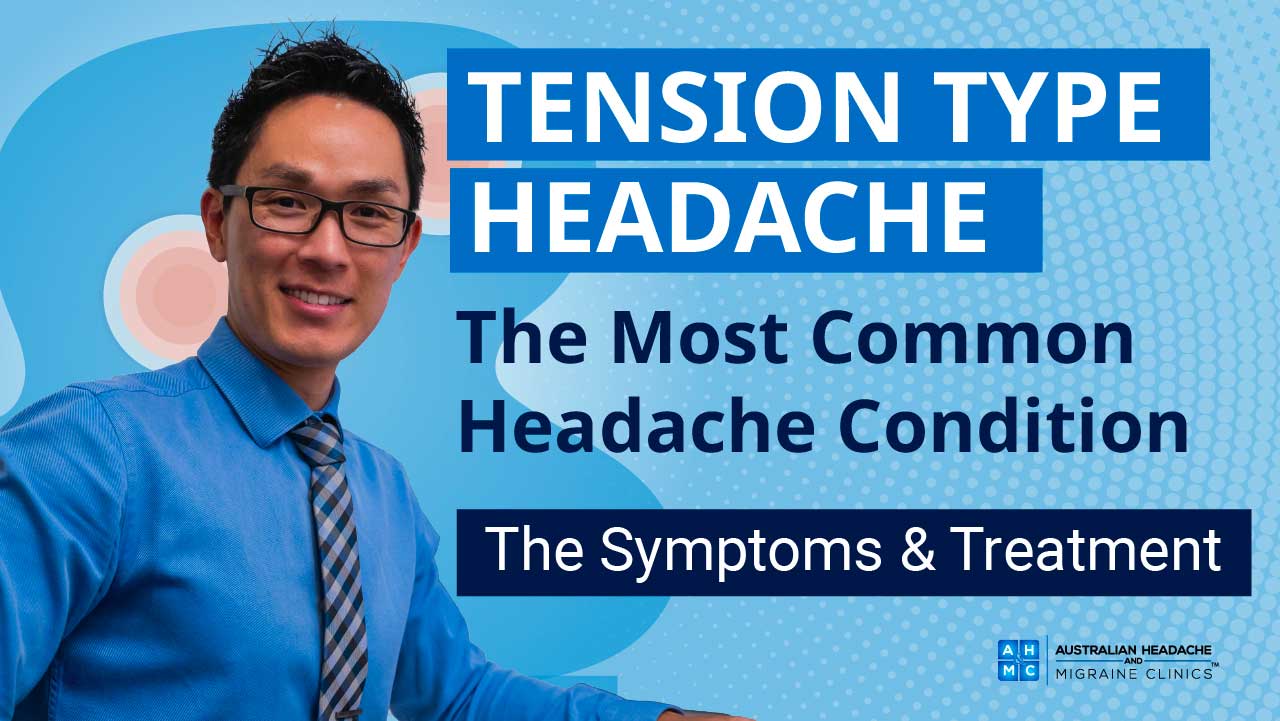Common Tension Headache Treatments
Many people suffering from chronic tension headaches rely on common treatments such as pain relievers or preventive medicine prescribed by healthcare providers. While medications like tricyclic antidepressants or naproxen sodium may be used as part of a preventive treatment plan, they often come with side effects when taken over long periods of time.
Over-reliance on medication can also lead to medication overuse headaches, where the very treatment intended to relieve symptoms actually worsens the headache cycle. Additionally, these approaches often focus on managing the dull ache rather than addressing the underlying cause of tension headaches.
Some patients experience headaches that are accompanied by muscle tightness in the shoulder muscles or neck – symptoms that may not fully respond to medication alone. For lasting results, it’s important to seek an accurate diagnosis and treatment that targets the root cause, rather than simply masking symptoms.
I’ve tried everything! What else can be done to help prevent tension headaches?
Tension Headache Treatment
If you suffer from episodic or chronic tension-type headaches and have tried everything with no relief, we recommend consulting our dedicated headache and migraine treatment clinic. If you haven’t had your brainstem assessed to determine whether it is contributing to your tension-type headache, it may be time to see an experienced headache clinician.
At Sydney Headache and Migraine Clinic™, we focus on personalised care designed to deliver a significant reduction in headache frequency and severity – without the need for ongoing medication. Our approach helps patients reduce stress, avoid the risks of medication dependency, and achieve long-term relief.
Our experienced practitioners utilise world-class assessment techniques, including a thorough examination of the upper cervical spine, to determine the severity of your sensitised brainstem. This allows us to target the root cause of your tension-type headaches.
Our treatment is completely non-invasive, medication-free, and surgery-free – giving patients a natural and lasting solution.







